#Suppliers
Electricity-Generating Shocks: The Key To The Electric HUMMER?
Technology Review reports on Levant Power’s “GenShock” technology, which generates electricity by converting the kinetic energy of suspension travel into electricity. And electricity generation isn’t the whole story: the entire suspension is an actively-controlled, dynamic system that improves performance as well as efficiency in a turnkey package.
Levant has developed a modified piston head that includes parts that spin as it moves through the oil, turning a small generator housed within the shock absorber. To improve vehicle handling, the power controller uses information from accelerometers and other sensors to change the resistance from the generators, which stiffens or softens the suspension. For example, if the sensors detect the car starting a turn, the power controller can increase the resistance from the shock absorbers on the outer wheels, improving cornering, says David Diamond, the vice president of business development at Levant.
Toyota Recall: CTS Sticky Pedal Investigation Snags Dodge Caliber
The AP [via Google] reports that NHTSA’s investigation of the pedals manufactured by CTS that were behind Toyota’s recent unintended acceleration recall has widened to include 2007 model-year Dodge Calibers. Dodge built 161,000 Calibers in the 2007 model-year, but according to Chrysler Group complaints of sticking accelerators only cover about 10,000 vehicles built between March and April of 2006… even though all 2007 model-year vehicles were built with CTS pedals. So what’s the difference between vehicles made in that five-week period and the rest of the 2007 model-year? According to Chrysler spokesfolks:
We have data that is telling us that there were a certain amount of complaints during that time period
Chrysler Dealers, Workers And Analysts Agree: It's Time To Start Showing Off The New Chrysler
Back in February, we took note of Chrysler’s “principled” stand on new-product secrecy, concluding:
Let’s face it: Chrysler needs buzz, hype, awareness, some kind of excitement surrounding its future generally and its forthcoming products in specific (if only in the irritating “teaser” format) almost as much as it needs anything else. Because as things stand right now,the baseline perception of Chrysler is of a dying company with nothing to offer. In this light, Chrysler’s principled rejection of hype is far more likely to be interpreted as keeping rushed semi-refreshes under wraps so they won’t be mocked to death by the time they go on sale. If that’s not the case, Chrysler has nothing to lose and everything to gain by building consumer awareness of new products. If it is, well, the truth will out sooner or later.
And apparently we’re not the only ones who think so. In fact, if the Detroit News is to be believed, literally everyone seems to think that Chrysler needs to start being more open, not only about its forthcoming products, but at every level of its business.
"Supplier Bailout" Ends
If there’s a single phrase dominating the imaginations of auto executives right now, it’s the infamous neologism of “too big to fail.” Whether executives justify their obsession with consolidation with their fear of a Chinese planet, efficiency-standard ramp-ups, or mere groupthink, there’s no doubt that consolidation is currently the name of the game. And it should be, not only for these reasons, but also because the last several years have proven that the car game is no industry for small companies. Nothing illustrates this quite like the US government’s “bailout” of auto industry supplier firms, which ended on April Fools Day.
Rep. Souder And The Denso Distraction
News that the FBI had raided three Japanese supplier companies in the Detroit area came in the middle of yesterday’s epic Toyota hearings, adding to the day’s chaos and misinformation. The FBI said clearly at the time that Denso, Tokai Riko and Yazaki were raided as part of an antitrust investigation, which we now know [via Reuters] involves alleged cartel activities in the wiring harness supply market, and involves European firms like France’s Leoni as well. Despite the fact that Denso and Yazaki are cooperating with investigators, and that the US raids appear to be in support of an EU investigation, Rep Mark Souder (R-IN) took the opportunity to connect the Denso raid with the Toyota recall hearings in shameless style. And all to help clear the name of the US-based supplier CTS, which has been blamed for the sticky pedal recall, which just so happens to be in Rep. Souder’s district. Full, mind-blowing quote after the jump.
GM and Delphi Ditching UAW For New "Green" Production Jobs
As GM tools up for production of its Volt extended-range electric car, Automotive News [sub] has noticed something interesting: workers at GM’s new battery pack assembly plant are not represented by the United Auto Workers. Located in the heart of UAW territory (Brownstown Township, MI), the Volt battery plant represents the very jobs that local politicians and GM leadership hailed as the green future of the auto industry. When the plant opened, GM Chairman/CEO Ed Whitacre waxed eloquent about the opportunities:
The development of electric vehicles like the Chevy Volt is creating entire new sectors in the auto industry – an “ecosystem” of battery developers and recyclers, builders of home and commercial charging stations, electric motor suppliers and much more. These companies and universities are creating new jobs in Michigan and across the U.S. – green jobs – and they’re doing it by developing new technology, establishing new manufacturing capability, and strengthening America’s long-term competitiveness.
As long as they do so without UAW representation, apparently. Needless to say, if GM can get away with using non-union workers at a crucial plant that’s supposed to represent the firm’s future, things aren’t looking so good for our friends in organized labor.
Lentz: Don't Like The Gas Pedal Fix? Insist On Replacement!
One of the lingering concerns over the Toyota recall is whether Toyota’s “precision steel” shim fix to the recalled CTS gas pedal assembly will be a reliable long-term solution. Our analysis indicates that these questions might be well-founded, and we’re not the only ones concerned about the viability of Toyota’s proposed fix. In an interview with Toyota’s Jim Lentz yesterday evening, NPR asked why Toyota was using a redesigned pedal for new production, but only offering the shim fix to existing customers. Lentz insisted that the repaired pedals would be as good as the redesigned pedal, that the costs of repair and replacement were about the same, and that the main reason Toyota was repairing rather than replacing recalled pedals was the desire to “get customers back on the road… as quickly as we possibly can.” That’s when NPR went for the jugular.
What's Wrong With This Picture: CTS Versus Denso Toyota Pedal Assembly Edition
Kudos to Edmunds Inside Line for throwing up pictures of two Toyota gas pedal assemblies. The recalled unit, made by CTS, is shown above in a 2010 Camry. The non-recalled Denso-produced unit is after the jump.
Toyota's Recalled European Models Revealed, Includes Made-In-Japan Models
Too Good To Be True: How Toyota's Success Caused Killer Decontenting
The ongoing kerfluffle over Toyota’s recall of over 2m vehicles for a gas pedal defect which (allegedly) caused unintended acceleration has caught much of the automotive media flat-footed. How could it be, many have wondered, that the automaker most associated in the US market with the concept of quality has slipped so badly? As TTAC’s Steve Lang recently discussed, Toyota has been on a decontenting binge since the mid-to-late-1990s, putting profit above the quality obsession that had defined its operations up to that point. As a result, the current generation of decontented Toyotas and accompanying quality issues and recalls can be seen as the culmination of a long-term trend. But why did that transition take place? Though it’s easy to blame greed and mismanagement for the decline in Toyota’s quality, the decline in standards was actually a natural progression of Toyota’s constantly-evolving, efficiency-obsessed production system.
Toyota Update: CTS Blames Toyota, Already-Produced Vehicle Retrofitting Could Take Years
Supplier CTS, who produced the gas pedals now under recall from Toyota, tells Automotive News [sub] that it “built parts to the automaker’s specifications and says it has no knowledge that its parts were responsible for any accidents or injuries.” Sources at CTS tell AN that although they are working on a fix with Toyota and that new pedals have been tested and are shipping to Toyota plants, “this is their recall.” That would seem to contradict the facts of the case, as Denso, Toyota’s gas pedal supplier for Japanese-built models, has not been involved in the recall. According to Inside Line, the issue with pedal return damping that has plagued CTS-supplied, US-built Toyotas has not turned up in Denso-produced gas pedals.
Chinese Ford Transit Production Halted Over Pedal Concerns
Toyota Scratches The Surface With New Clearcoat
Collisionrepairmag.com reports that AzkoNobel, a chemicals company from the Netherlands, has teamed up with Toyota to create Sikkens Autoclear LV, a scratch resistant, self healing clearcoat. The product has been approved by Toyota for use on the Lexus LS range as an aftermarket clearcoat to be used at Toyota dealerships and Toyota affiliated collision repair facilities around the world. According to the article, “Sikkens Autoclear LV Exclusive is highly resistant to scratches, and holds up extremely well after repeated washings, but it truly differentiates itself from other clearcoats with its outstanding self-healing characteristics when a vehicle is nonetheless damaged. With extraordinary “re-flow” properties designed into the coating, small scratches virtually disappear in minutes when exposed to a heat source at temperatures ranging from 40-80 degrees celsius–and even exposure to the sun will initiate the healing process.”
Supplies! Chrysler Claims To Have Turned Over A New Leaf
A strong team is only as good as its weakest link, particularly in the automotive industry. Treat your suppliers well and they’ll play fair by you. Try to screw them and they’ll collapse leaving you with serious production problems. Detroit ( Chrysler in particular) had the worst reputation for treating their suppliers badly, but the Pentastar brand now claims to be trying to change all that.
Diversify Or Die: Auto Parts Makers Seeking Salvation From Non-Auto Parts
Battered auto parts makers in Japan are surviving on a diet of non-auto parts.
Today’s Nikkei [sub] has it that companies like Toyoda Gosei,. NHK Spring Co. and other auto parts makers are earning an ever greater proportion of profits from electronics components and other businesses not related to cars.



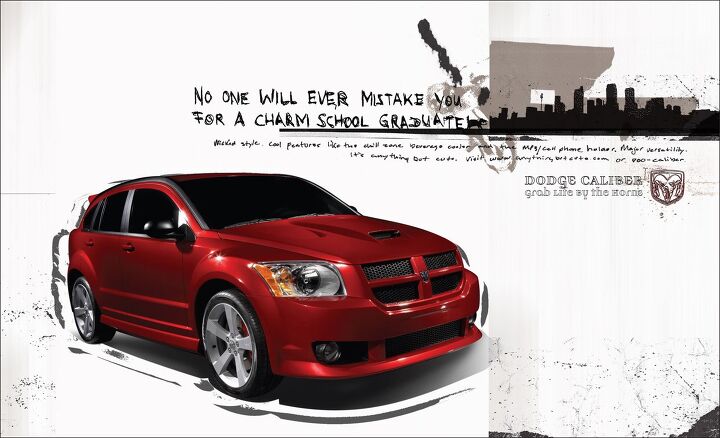
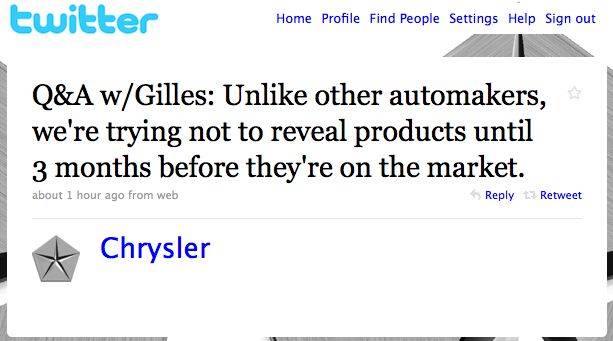



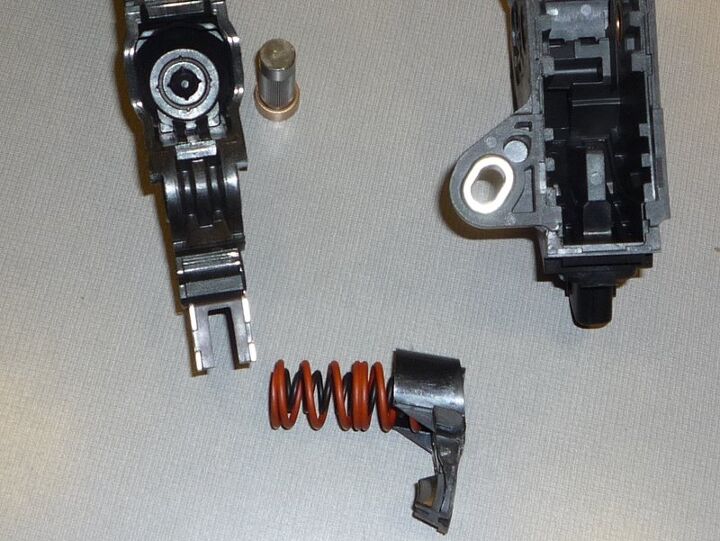
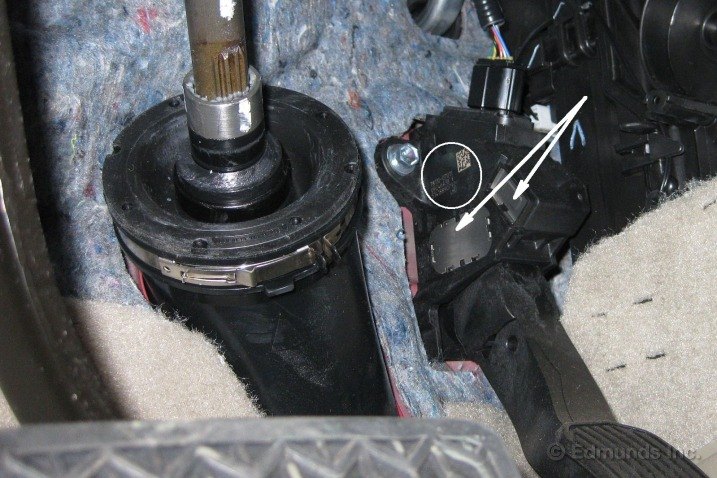
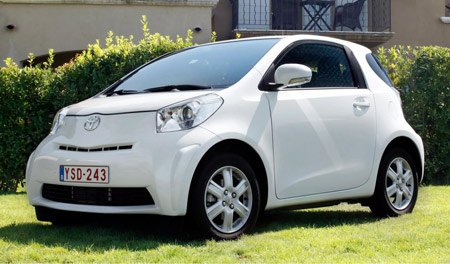

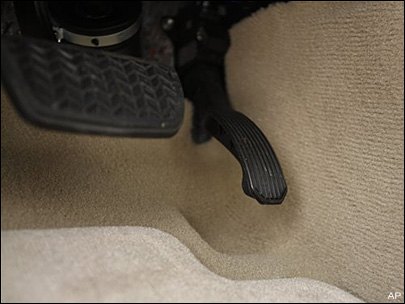

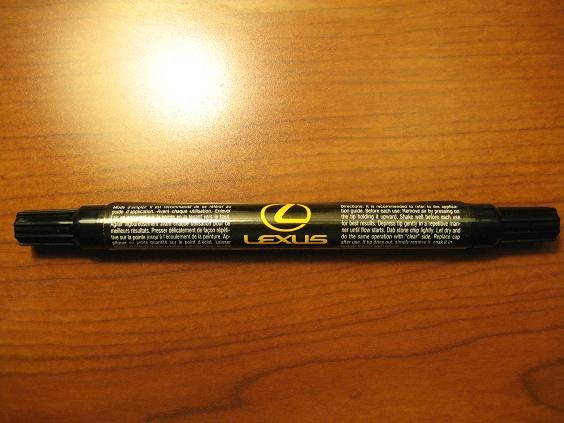
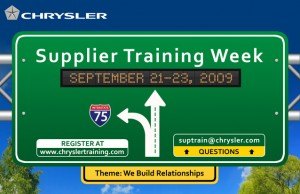
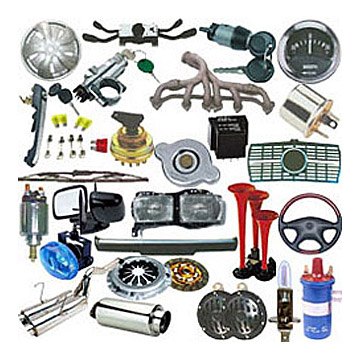












Recent Comments